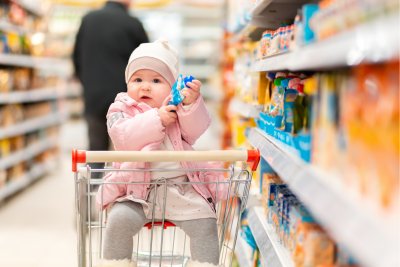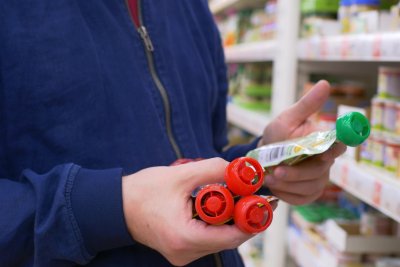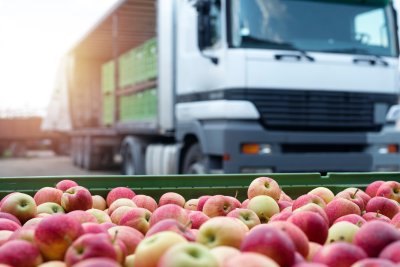The Food Sustainability Index (FSI) uses 66 indicators including food loss, waste, agriculture and nutritional challenges.
Out of the 34 countries across the world in the FSI the UK ranks 10th. We are doing particularly badly on childhood obesity rates, exclusive breastfeeding, healthy life expectancy and climate change action.
The UK position
- The UK ranks 20th out of 34 countries on prevalence of overweight in children and 24th out of 34 amongst adults (the worst of the 10 European countries included in the FSI).
- The UK comes bottom of the FSI on exclusive breastfeeding at six months – a factor considered critical to achieve many of the SDGs.
- The UK ranks seventh out of 34 countries for food loss and waste.
- On ‘sustainable agriculture’ impacts, the UK ranks 20th out of 34 countries, scoring relatively well on water issues, including environmental impact of agriculture and sustainability of fisheries but ranking 32nd out of 34 on net imports of virtual blue water from crop and animal products.
- The UK performs badly in `the ‘air’ category of the FSI – environmental impact of agriculture on the atmosphere and climate change mitigation – ranking 30th out of 34.
- The current (average) healthy life expectancy in the UK is 71.4 years, which is outside the top ten of the FSI rankings and disguises significant differences between different parts of the UK.
- On the single farm animal welfare indicator used – ‘quality of animal welfare regulation’ – the UK ranks first in the FSI. However, this only paints a partial picture on farm animal welfare.
The Food Ethics Council, who are observers of Sustain, have published their report in response to the FSI findings.
You can read more about Sustain’s campaigns to improve food sustainability here.
Climate Change and Nature: Sustain has taken a keen interest in the rapidly accumulating evidence about the effect of food and farming on climate change and nature, as scientific evidence emerges that our food system is a very significant contributor to greenhouse gas emissions and biodiversity loss.








